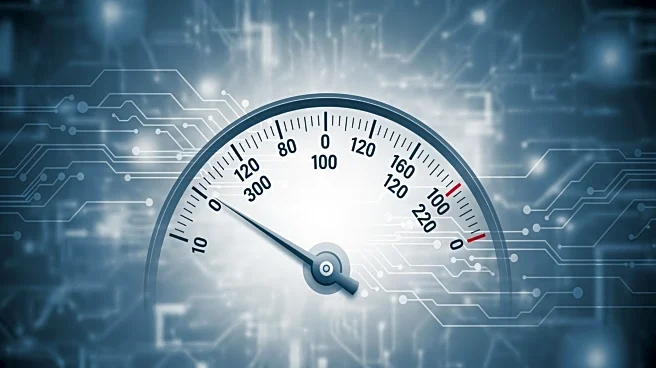What's Happening?
European Union officials have urged Ukraine to intensify its anti-corruption efforts following a major scandal involving the state-owned nuclear power company, Energoatom. The scandal, which involves embezzlement
and kickbacks, has led to the resignation of key Ukrainian ministers and the dismissal of several Energoatom executives. German Chancellor Friedrich Merz emphasized the importance of fighting corruption during a call with Ukrainian President Volodymyr Zelensky, who has promised transparency and support for anti-corruption measures.
Why It's Important?
The scandal threatens Ukraine's ability to attract financial aid from the EU and other international partners, which is crucial for its defense against Russian aggression. The EU's demand for anti-corruption reforms is tied to Ukraine's aspirations for EU membership, making the issue a pivotal factor in Ukraine's geopolitical future. The scandal also highlights the ongoing challenges in Ukraine's governance and the need for robust anti-corruption mechanisms.
What's Next?
Ukraine is expected to implement further anti-corruption measures to regain trust from international donors and partners. The EU has pledged continued financial support, but future aid may be contingent on Ukraine's progress in addressing corruption. The situation may also influence EU discussions on Ukraine's membership and impact broader geopolitical dynamics in the region.
Beyond the Headlines
The scandal reflects the broader struggle against corruption in Ukraine, a country seeking to align with European standards. It also underscores the geopolitical complexities of EU-Ukraine relations and the strategic importance of Ukraine in the context of Russian aggression.










